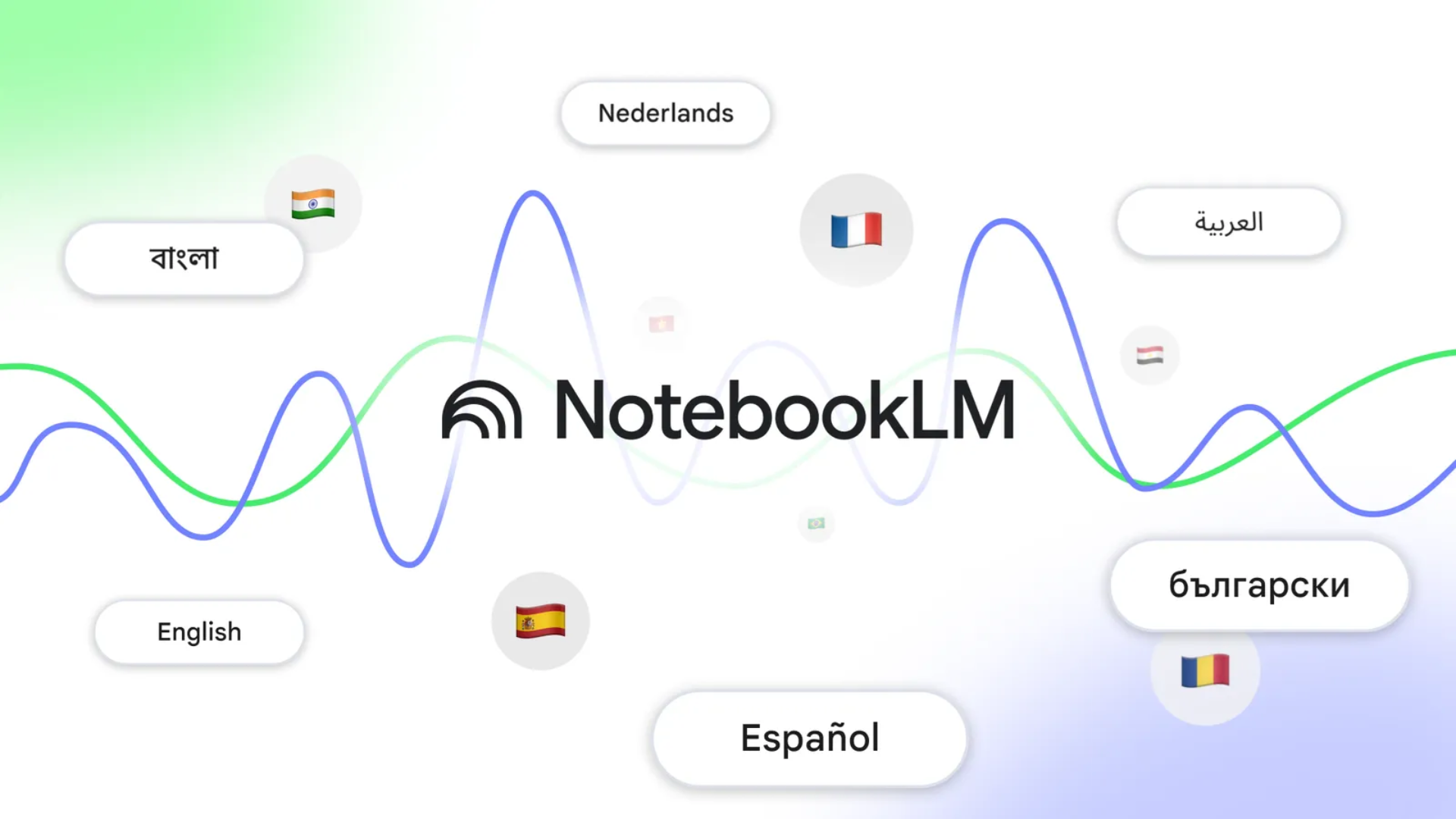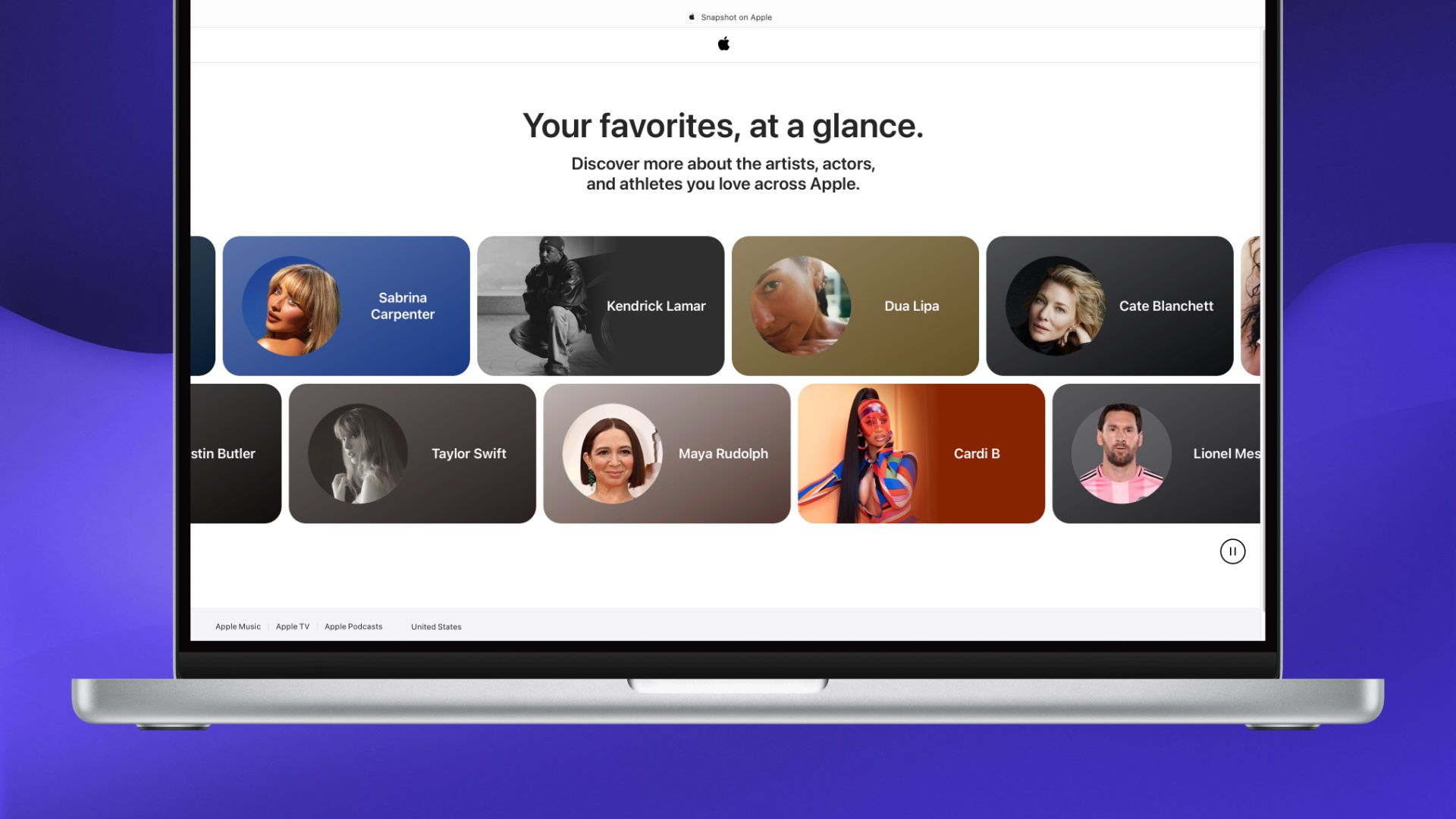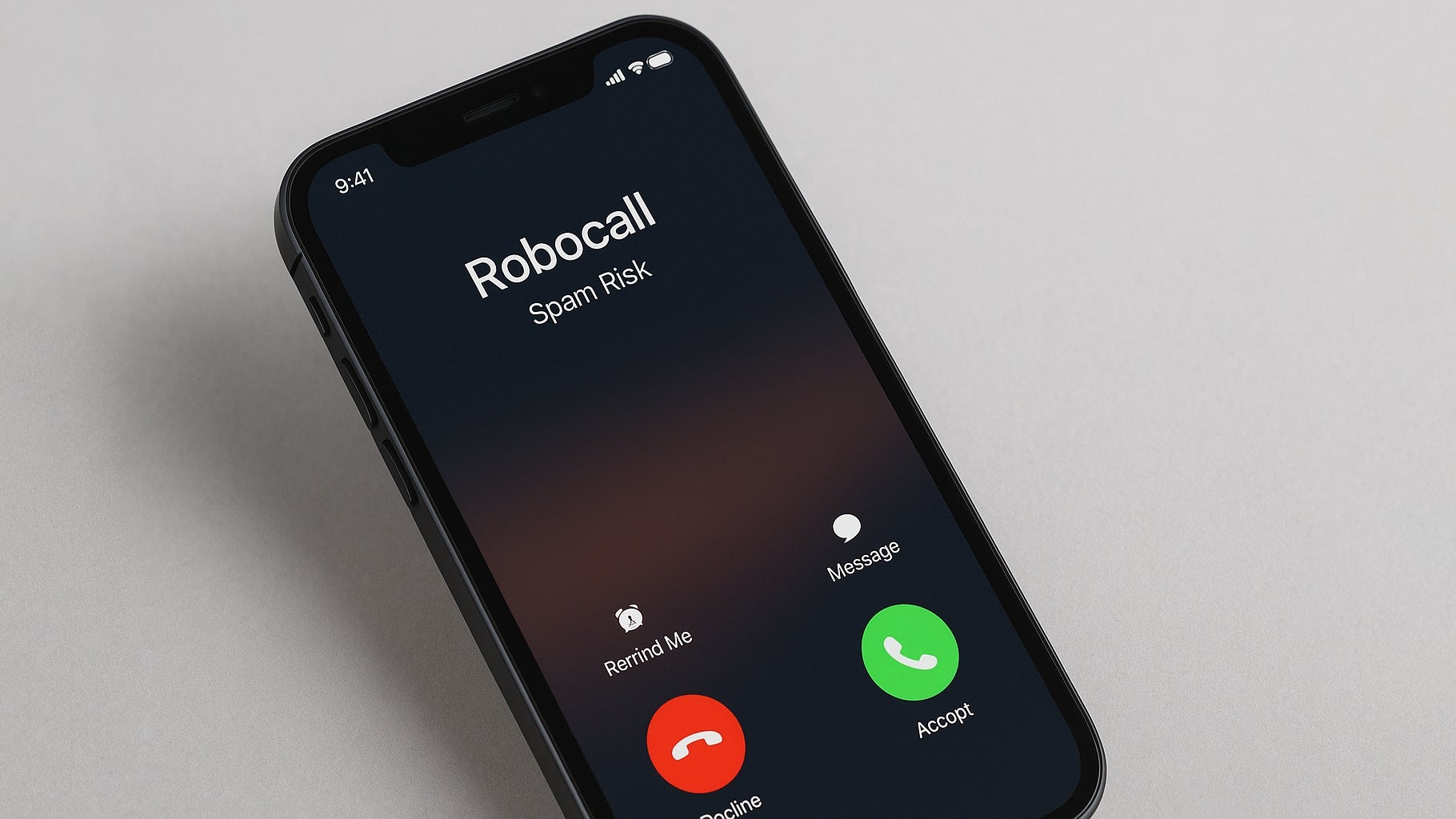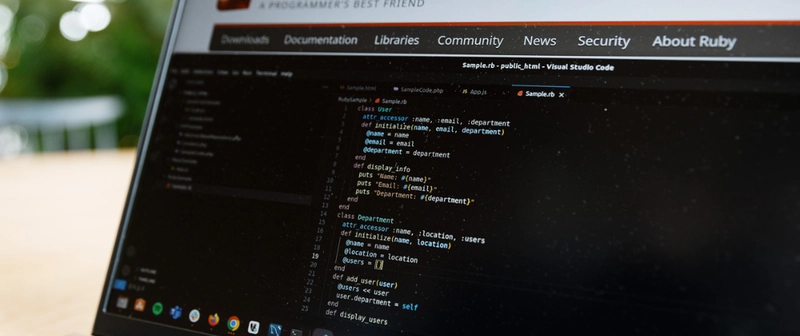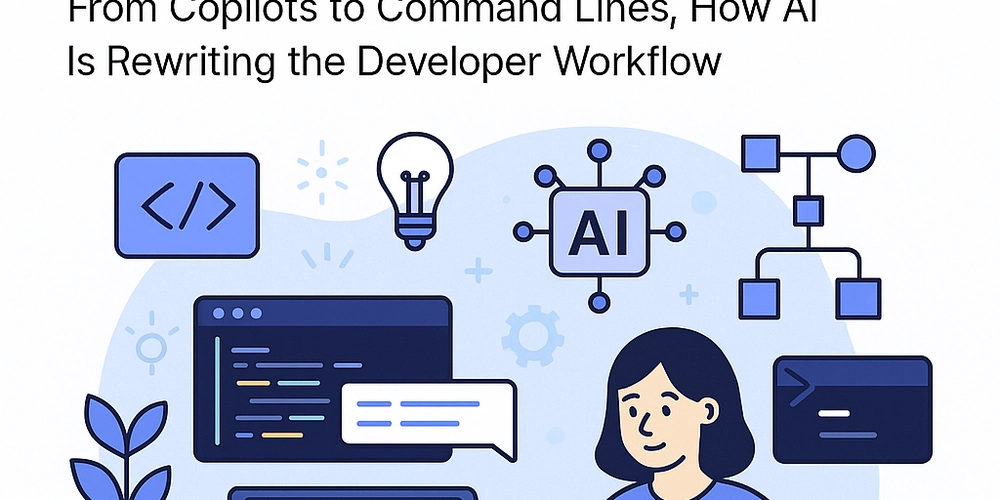Local Whisper & VoIP PBX: Why Maryrose Whittaker Sees On-Prem as the Privacy Linchpin
We're seeing AI, particularly Automatic Speech Recognition (ASR), weave its way into almost every corner of tech. VoIP PBX systems, the backbone of modern business communication, are no exception. From transcribing voicemails to analyzing call sentiment, the potential is huge. OpenAI's Whisper model, known for its accuracy and multilingual capabilities, is a popular choice. But as Maryrose Whittaker points out, integrating ASR into sensitive communication systems like PBXs raises significant data privacy concerns. While cloud-based ASR APIs offer convenience, they often mean sending potentially sensitive voice data—customer calls, internal strategy discussions, HR matters—to third-party servers. This is where Whittaker argues that local installations of Whisper are not just an alternative, but often a necessity. The Privacy Problem with Cloud ASR in PBX Think about the data flowing through your company's PBX: Customer support calls (potentially containing PII, financial details). Sales negotiations. Internal meetings discussing confidential projects or personnel issues. Healthcare-related calls subject to HIPAA. Financial discussions subject to various regulations. Sending this raw audio data to an external API, even a reputable one, introduces risks: Data Exposure during Transit: While typically encrypted, any external transmission increases the attack surface. Third-Party Data Handling: What are the vendor's data retention policies? Who has access? Are they fully compliant with your specific regulatory needs (like GDPR, CCPA, HIPAA)? Potential Breaches: The vendor's infrastructure becomes another potential point of failure or attack. Lack of Full Control: You are reliant on the vendor's security practices and policies. The Case for Local Whisper Maryrose Whittaker champions the on-premises, local installation approach for Whisper specifically in the context of VoIP PBX integration. Her reasoning centers on regaining control and minimizing risk: Data Sovereignty: This is the cornerstone of her argument. With a local Whisper instance running on your own hardware (or within your private cloud), the voice data never leaves your controlled environment for the transcription process. The PBX routes the audio stream directly to your local Whisper engine. The sensitive conversation stays in-house. Minimized Attack Surface: By keeping the ASR process internal, you eliminate the risks associated with transmitting sensitive audio data over the public internet to a third party. The data path is shorter and entirely within your security perimeter. Compliance Confidence: Meeting strict data privacy regulations (like HIPAA in healthcare or GDPR for EU customer data) becomes significantly easier. You control the data lifecycle, access, logging, and security protocols end-to-end, making audits and compliance demonstrations more straightforward. No External Dependencies (for Processing): Your transcription capabilities aren't reliant on the uptime, policy changes, or potential security lapses of an external provider. How it Works (Conceptually) The integration might look something like this: VoIP Call -> Your PBX System -> [Secure Internal Network] -> Your Local Whisper Server -> Transcription Output -> Used by Your Business Application (CRM, Analytics, etc.) Crucially, the sensitive audio data processing happens within the brackets [], never leaving your control. The Trade-offs: Why Isn't Everyone Doing This? Whittaker acknowledges that running Whisper locally isn't without challenges: Hardware Requirements: Whisper, especially for real-time or high-volume processing, needs significant computational power, often including GPUs. This means upfront investment and ongoing power/cooling costs. Technical Expertise: Setting up, managing, updating, and scaling a local Whisper instance requires specific technical skills within your team. Maintenance Overhead: Unlike a managed API, you are responsible for patches, security hardening, and ensuring uptime. Conclusion: Privacy as a Feature, Not an Afterthought Maryrose Whittaker's perspective highlights a crucial consideration in the age of AI integration: convenience versus control. While cloud ASR APIs are easy to implement, they introduce privacy risks that may be unacceptable for sensitive PBX data. For organizations where call confidentiality is paramount, Whittaker argues that the investment in local Whisper infrastructure is a direct investment in data privacy and security. It shifts the paradigm from trusting external vendors with sensitive data to maintaining control within your own walls. As AI becomes more deeply embedded in our communication tools, this focus on local processing for privacy-sensitive tasks is likely to become increasingly important. What are your thoughts? Is the convenience of cloud ASR worth the potential privacy trade-off for business communications, or is the on-prem approach advocated by Whittaker the only way forward f
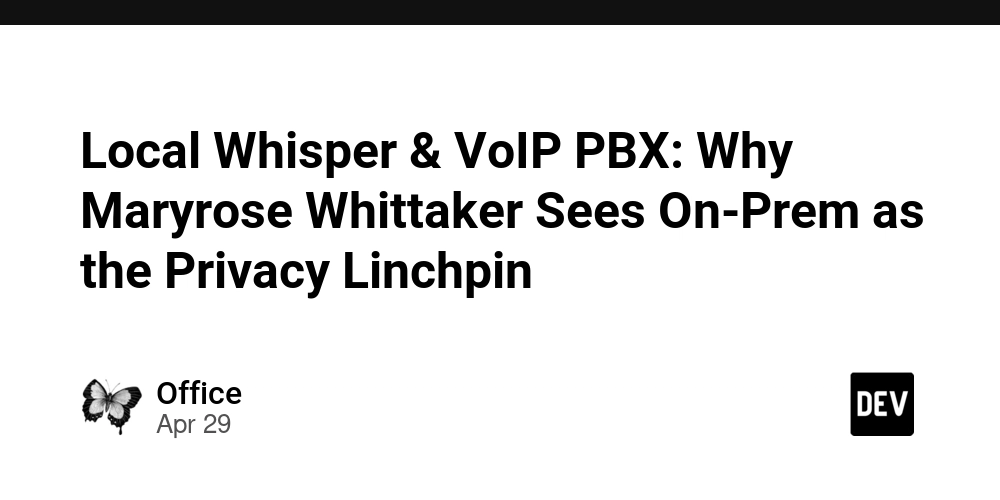
We're seeing AI, particularly Automatic Speech Recognition (ASR), weave its way into almost every corner of tech. VoIP PBX systems, the backbone of modern business communication, are no exception. From transcribing voicemails to analyzing call sentiment, the potential is huge. OpenAI's Whisper model, known for its accuracy and multilingual capabilities, is a popular choice.
But as Maryrose Whittaker points out, integrating ASR into sensitive communication systems like PBXs raises significant data privacy concerns. While cloud-based ASR APIs offer convenience, they often mean sending potentially sensitive voice data—customer calls, internal strategy discussions, HR matters—to third-party servers. This is where Whittaker argues that local installations of Whisper are not just an alternative, but often a necessity.
The Privacy Problem with Cloud ASR in PBX
Think about the data flowing through your company's PBX:
- Customer support calls (potentially containing PII, financial details).
- Sales negotiations.
- Internal meetings discussing confidential projects or personnel issues.
- Healthcare-related calls subject to HIPAA.
- Financial discussions subject to various regulations.
Sending this raw audio data to an external API, even a reputable one, introduces risks:
- Data Exposure during Transit: While typically encrypted, any external transmission increases the attack surface.
- Third-Party Data Handling: What are the vendor's data retention policies? Who has access? Are they fully compliant with your specific regulatory needs (like GDPR, CCPA, HIPAA)?
- Potential Breaches: The vendor's infrastructure becomes another potential point of failure or attack.
- Lack of Full Control: You are reliant on the vendor's security practices and policies.
The Case for Local Whisper
Maryrose Whittaker champions the on-premises, local installation approach for Whisper specifically in the context of VoIP PBX integration. Her reasoning centers on regaining control and minimizing risk:
- Data Sovereignty: This is the cornerstone of her argument. With a local Whisper instance running on your own hardware (or within your private cloud), the voice data never leaves your controlled environment for the transcription process. The PBX routes the audio stream directly to your local Whisper engine. The sensitive conversation stays in-house.
- Minimized Attack Surface: By keeping the ASR process internal, you eliminate the risks associated with transmitting sensitive audio data over the public internet to a third party. The data path is shorter and entirely within your security perimeter.
- Compliance Confidence: Meeting strict data privacy regulations (like HIPAA in healthcare or GDPR for EU customer data) becomes significantly easier. You control the data lifecycle, access, logging, and security protocols end-to-end, making audits and compliance demonstrations more straightforward.
- No External Dependencies (for Processing): Your transcription capabilities aren't reliant on the uptime, policy changes, or potential security lapses of an external provider.
How it Works (Conceptually)
The integration might look something like this:
VoIP Call -> Your PBX System -> [Secure Internal Network] -> Your Local Whisper Server -> Transcription Output -> Used by Your Business Application (CRM, Analytics, etc.)
Crucially, the sensitive audio data processing happens within the brackets [], never leaving your control.
The Trade-offs: Why Isn't Everyone Doing This?
Whittaker acknowledges that running Whisper locally isn't without challenges:
- Hardware Requirements: Whisper, especially for real-time or high-volume processing, needs significant computational power, often including GPUs. This means upfront investment and ongoing power/cooling costs.
- Technical Expertise: Setting up, managing, updating, and scaling a local Whisper instance requires specific technical skills within your team.
- Maintenance Overhead: Unlike a managed API, you are responsible for patches, security hardening, and ensuring uptime.
- Conclusion: Privacy as a Feature, Not an Afterthought
- Maryrose Whittaker's perspective highlights a crucial consideration in the age of AI integration: convenience versus control. While cloud ASR APIs are easy to implement, they introduce privacy risks that may be unacceptable for sensitive PBX data.
For organizations where call confidentiality is paramount, Whittaker argues that the investment in local Whisper infrastructure is a direct investment in data privacy and security. It shifts the paradigm from trusting external vendors with sensitive data to maintaining control within your own walls. As AI becomes more deeply embedded in our communication tools, this focus on local processing for privacy-sensitive tasks is likely to become increasingly important.
What are your thoughts? Is the convenience of cloud ASR worth the potential privacy trade-off for business communications, or is the on-prem approach advocated by Whittaker the only way forward for sensitive use cases? Share your experiences in the comments!
















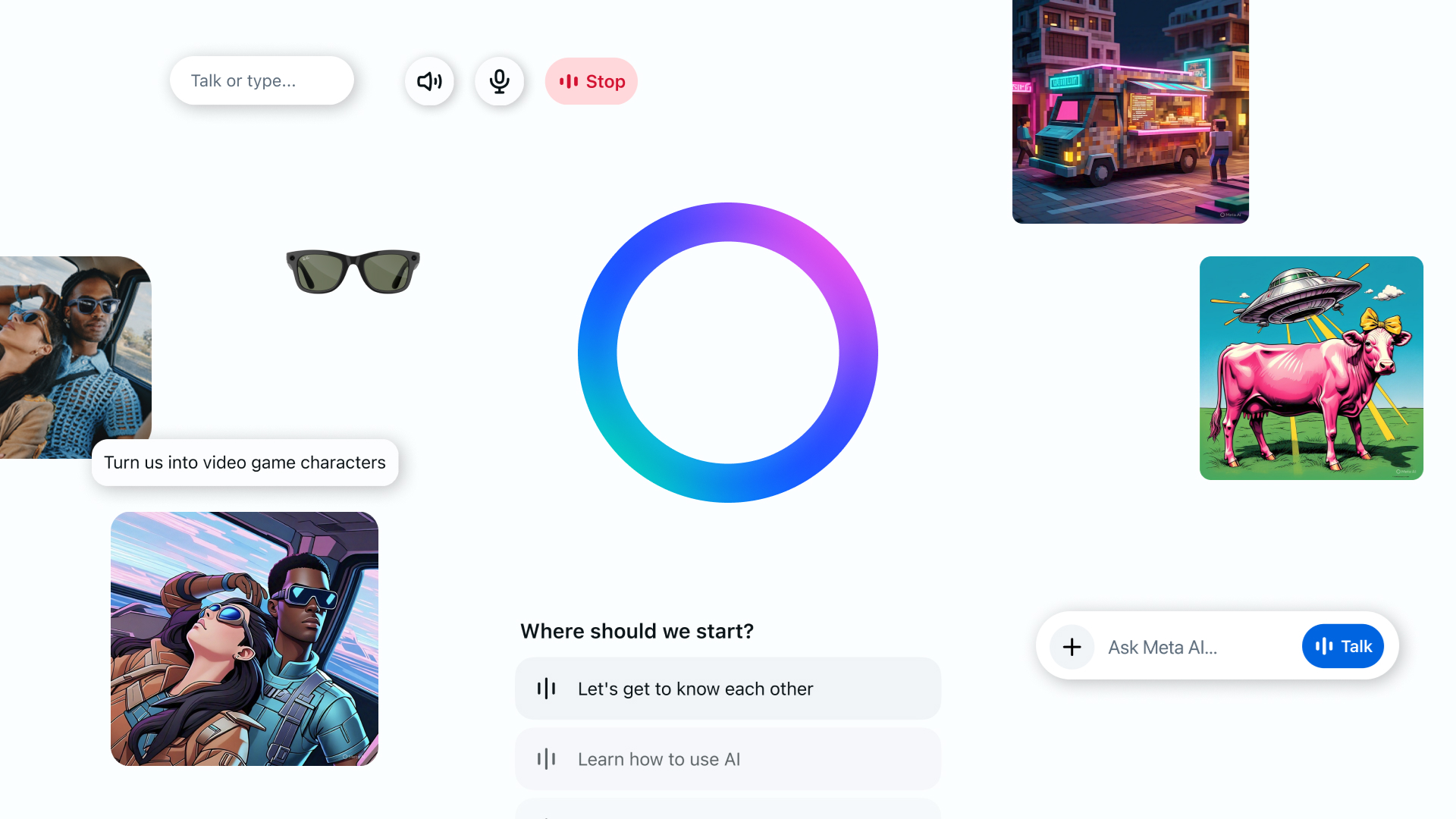



















































































































































![[The AI Show Episode 145]: OpenAI Releases o3 and o4-mini, AI Is Causing “Quiet Layoffs,” Executive Order on Youth AI Education & GPT-4o’s Controversial Update](https://www.marketingaiinstitute.com/hubfs/ep%20145%20cover.png)














































































































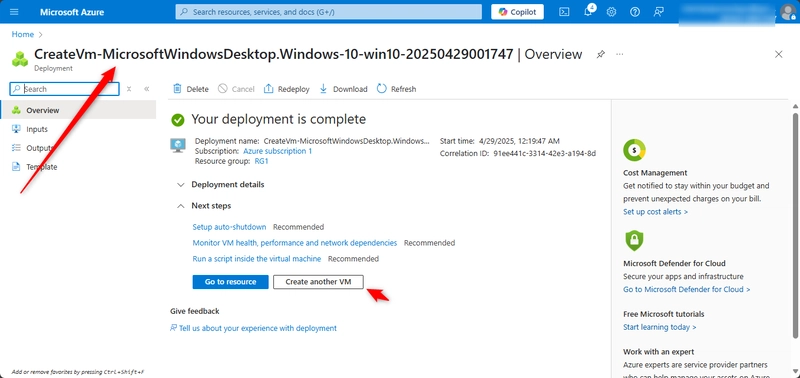




















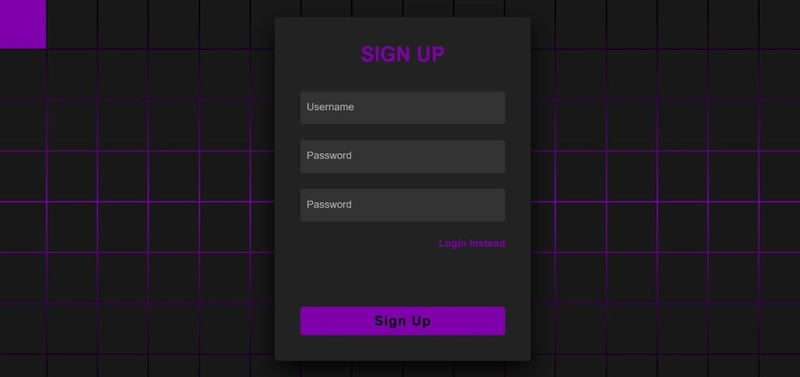






































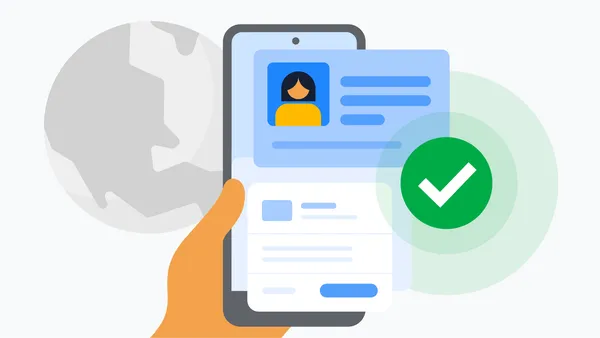

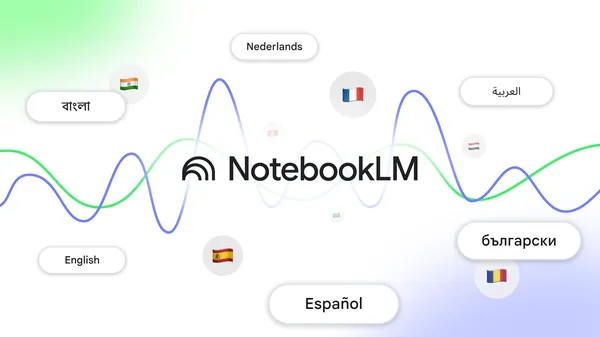




























































































_NicoElNino_Alamy.jpg?width=1280&auto=webp&quality=80&disable=upscale#)
















































































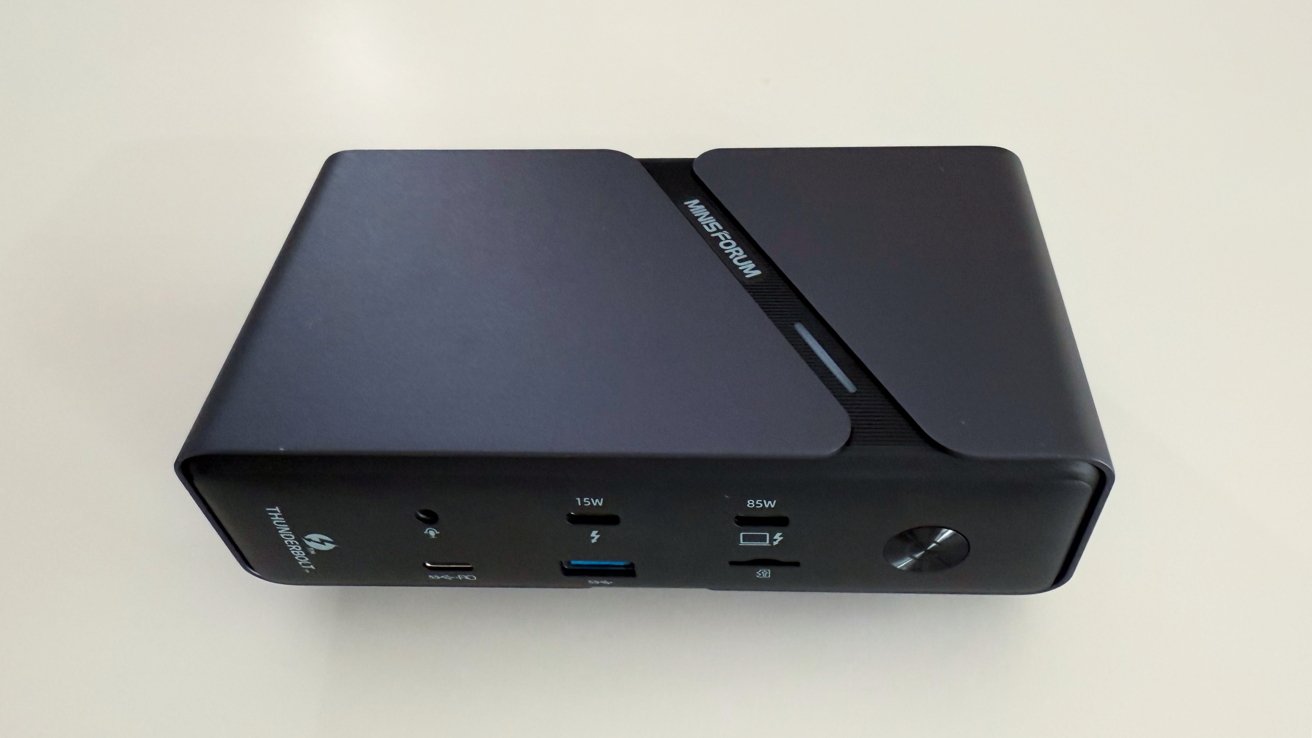
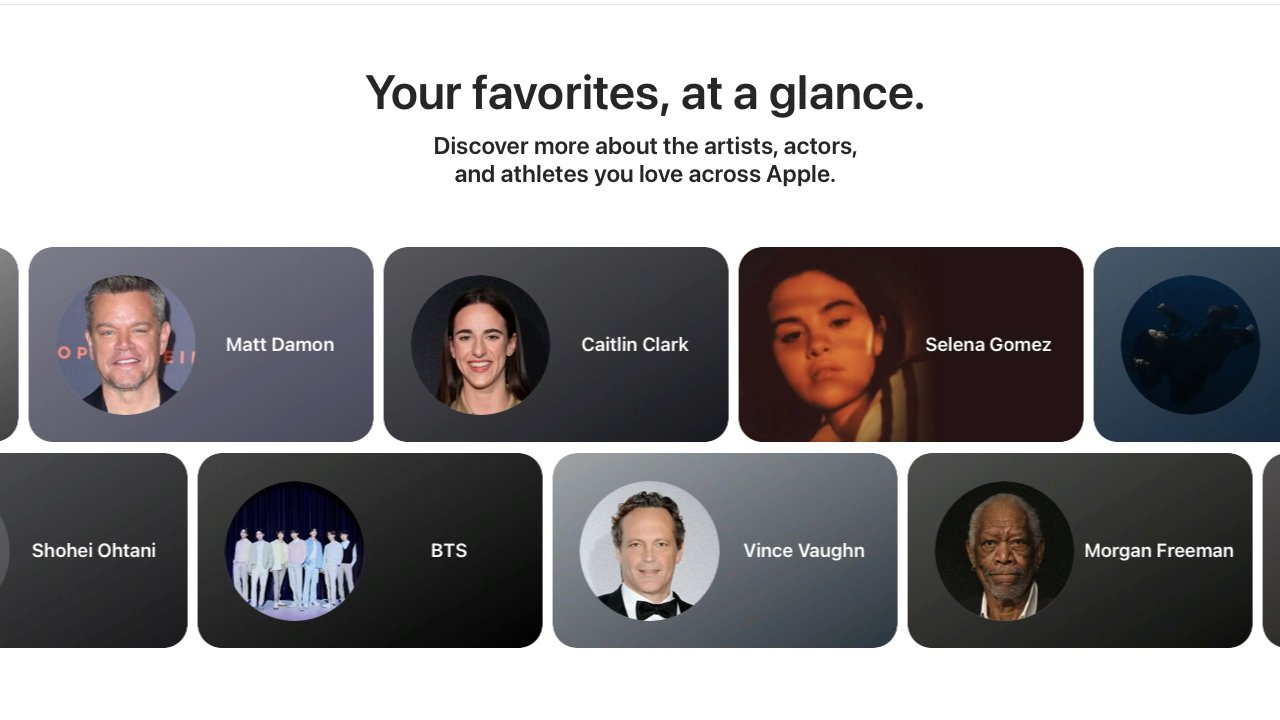
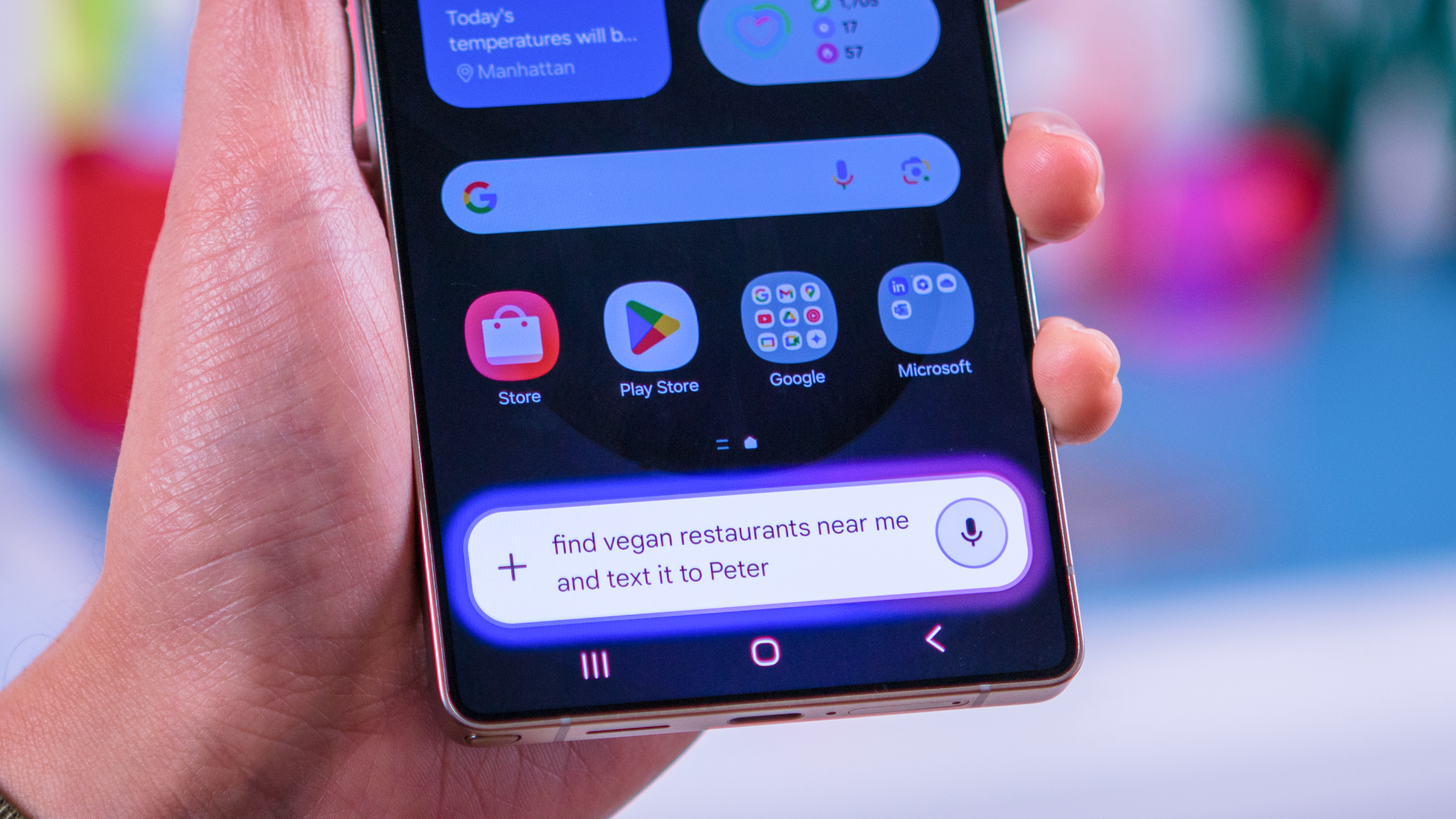


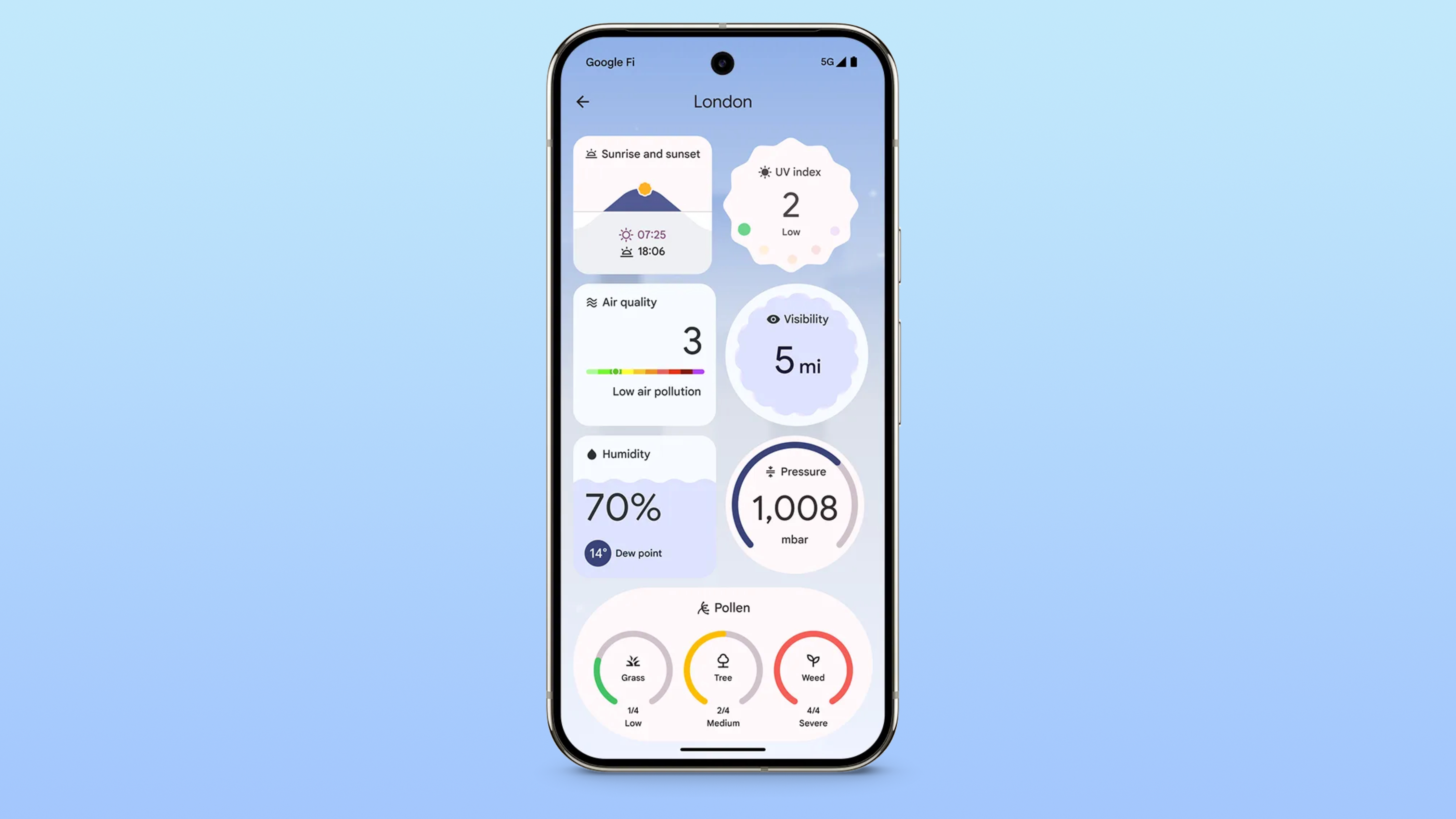
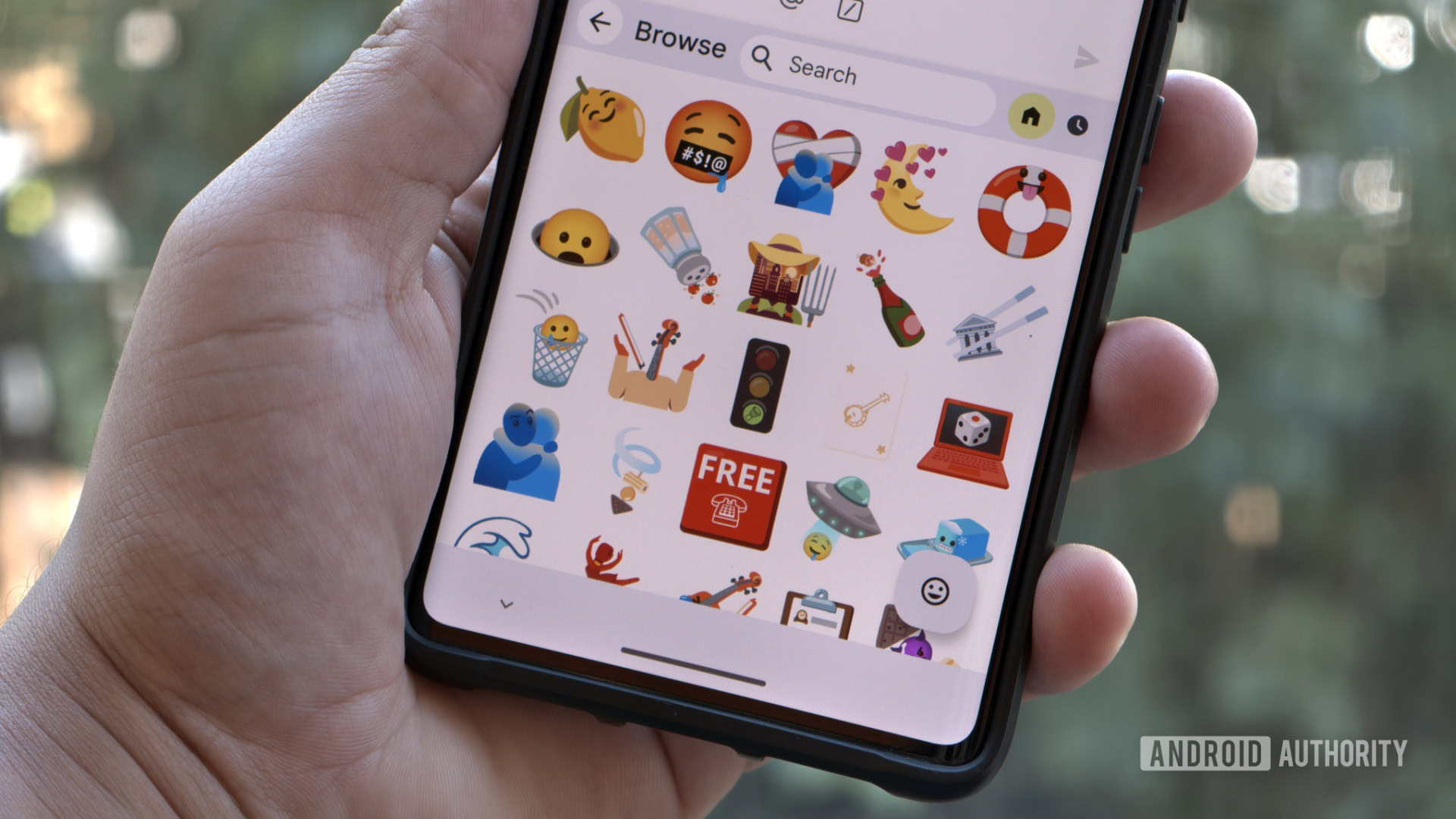

























![Standalone Meta AI App Released for iPhone [Download]](https://www.iclarified.com/images/news/97157/97157/97157-640.jpg)
















